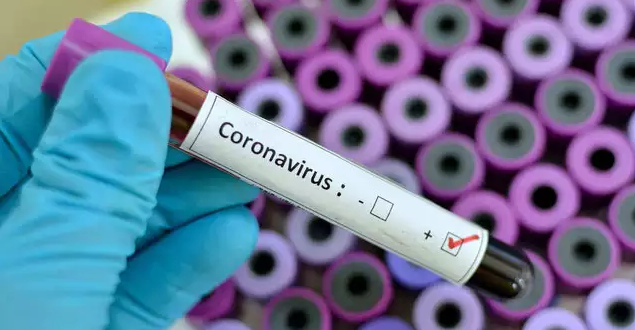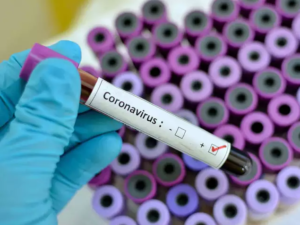Coronaviruses (CoV) refers to a large family of viruses that cause illness which ranges from common cold to more severe diseases such as Middle East Respiratory Syndrome (MERS-CoV) and Severe Acute Respiratory Syndrome (SARS-CoV). A novel coronavirus refers to a new strain of coronavirus that has not been previously identified in humans.
Common Signs and Symptoms of Coronavirus
The signs and symptoms of coronavirus depends on the virus. However, common signs include respiratory symptoms, cough, fever, shortness of breath, and breathing difficulties. In severe cases, coronavirus infection can cause pneumonia, severe acute respiratory syndrome, kidney failure and even death in extreme cases.
Transmission of coronavirus
a. Animal to man transmission
Detailed investigations found that SARS-CoV was transmitted from civet cats to humans in China in 2002 and MERS-CoV from dromedary camels to humans in Saudi Arabia in 2012. Several known coronaviruses are circulating in animals that have not yet infected humans. It is believed that as surveillance improves around the world, more coronaviruses will likely to be identified.
b. Human to human transmission
Usually after close contact with an infected patient, coronaviruses can be transmitted from person to person. For example, in a health care center, household or workplace. The major transmission mode of the Wuhan coronavirus is through close range droplet transmission.
Any vaccine yet for coronavirus?
At the moment, there is no vaccine fio coronavirus. It is hoped that one will be developed someday but this may take a number of years.

Any treatment yet for coronavirus?
There is no specific treatment for disease caused by a novel coronavirus. However, many of the symptoms can be treated and therefore treatment based on the patient’s clinical condition. Moreover, supportive care for infected persons can be highly effective. Generally, specific treatments do not exist for illnesses caused by human coronaviruses. Most people with common human coronavirus illness will recover on their own.
However, you can do some things to relieve your symptoms:-
- Take pain and fever medications (Caution: do not give Aspirin to children)
- Use a room humidifier or take a hot shower to help ease a sore throat and cough
If you are mildly sick, you should:-
- drink plenty of fluids
- stay home and have some rest
If you are worried about your symptoms, you should see your healthcare provider.
How to get protected from coronavirus?
Standard recommendations to reduce exposure to and transmission of a range of illnesses including coronavirus cuts across maintaining basic hand and respiratory hygiene, and safe food practices and avoiding close contact, when possible, with anyone showing symptoms of respiratory illness such as coughing and sneezing.
However, especially for where and when there is an epidermic, the following measures can reduce our risk of getting infected:-
- Avoid close contact with anyone showing symptoms of respiratory illness, such as coughing, sneezing and shortness of breath.
- Cook food thoroughly and avoid raw meat
- Stay away from live animal markets especially for anyone with underlying medical conditions.
- Wash your hands periodically with soap and water for at least 20 seconds.
- Wear a surgical mask if you or your doctor suspect you might have the coronavirus.
- If you’re the one showing symptoms cover your mouth and nose when you cough or sneeze and disinfect the objects and surfaces you touch.
Conclusion
Standard recommendations to prevent infection spread include regular hand washing, covering mouth and nose when coughing and sneezing, thoroughly cooking meat and eggs. Avoid close contact with anyone showing symptoms of respiratory illness such as coughing and sneezing.
 Healthveli
Healthveli

